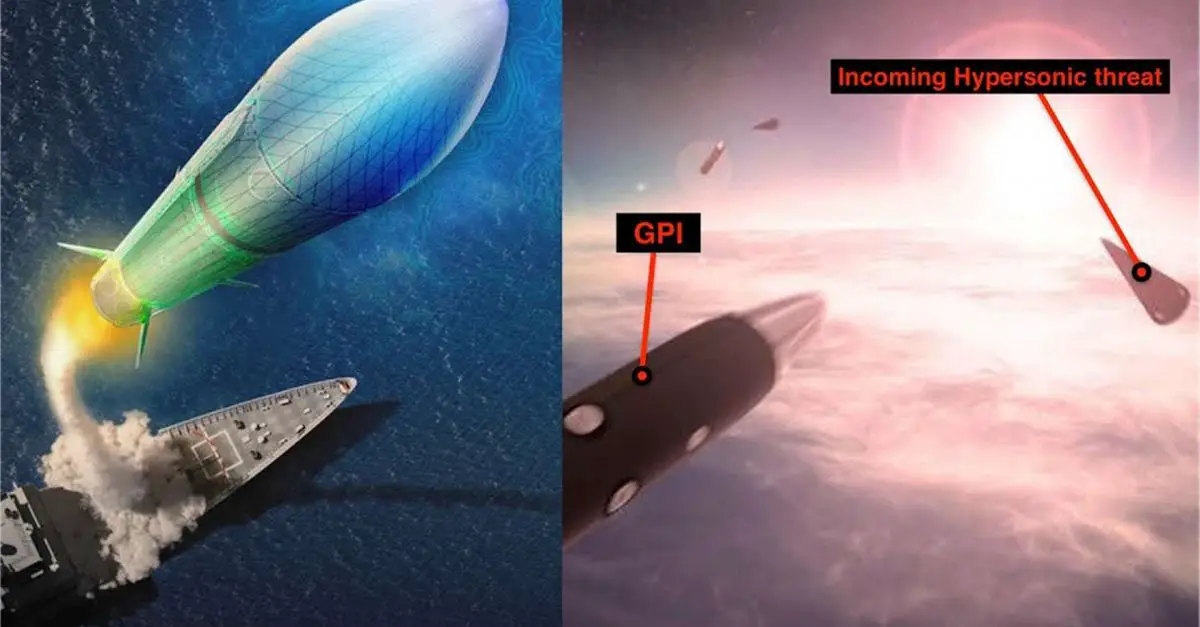Breaking news
US and Japan Finalize Agreement for Glide Phase Interceptor Missile Defense System Development.
Washington, D.C., United States, May 17, 2024—The United States Department of Defense (DoD) and the Japan Ministry of Defense (MOD) have finalized a significant formal agreement to co-develop the Glide Phase Interceptor (GPI), a crucial component in hypersonic missile defense. This agreement falls under the U.S.-Japan bilateral Memorandum of Understanding (MOU) for Research, Development, Test, and Evaluation Projects (RDT&E).
Follow Army Recognition on Google News at this link

Glide Phase Interceptor (GPI) is a hypersonic weapon system capable of defeating a new generation of hypersonic weapons. (Picture source Youtube)
A Glide Phase Interceptor (GPI) is an advanced missile defense system specifically designed to intercept and neutralize hypersonic missiles during the glide phase of their flight. Hypersonic missiles are a new class of weaponry that travel at speeds greater than Mach 5 (five times the speed of sound) and follow unpredictable flight paths, making them particularly challenging to defend against.
The GPI targets hypersonic missiles during their glide phase, which occurs after the initial boost phase and before the terminal phase when the missile descends toward its target. To achieve this, the GPI is equipped with advanced rocket motors and propulsion systems that provide the necessary speed and maneuverability to match the hypersonic missile's velocity and trajectory. Additionally, it features sophisticated sensors and guidance systems that are crucial for detecting, tracking, and accurately intercepting hypersonic threats.
The GPI is intended to be part of a broader, layered missile defense architecture, working with other missile defense systems to provide comprehensive protection against a range of missile threats. This integration ensures a robust and multi-faceted defense capability, enhancing both regional and strategic security.
The joint effort marks a substantial step in strengthening regional deterrence and enhancing the longstanding missile defense cooperation between the U.S. and Japan. The U.S. Missile Defense Agency will spearhead the GPI development for the DoD, focusing on intercepting hypersonic missiles during their glide phase—an essential part of their flight trajectory.
As per the newly signed GPI Cooperative Development (GCD) Project Arrangement, Japan will take the lead in developing the rocket motors and propulsion components of the GPI. This collaboration is expected to provide a robust regional defensive capability over time, contributing to a comprehensive layered defensive architecture.
“The GPI co-development will build upon our long-standing missile defense cooperation and significantly bolster the Alliance's deterrence posture,” stated a DoD spokesperson. This initiative reflects both nations' commitment to advancing defense technologies and ensuring the security and stability of the region.
The GPI project is set to enhance the missile defense capabilities of both countries, ensuring they remain ahead of emerging threats and reinforcing the strategic partnership between the U.S. and Japan.


























